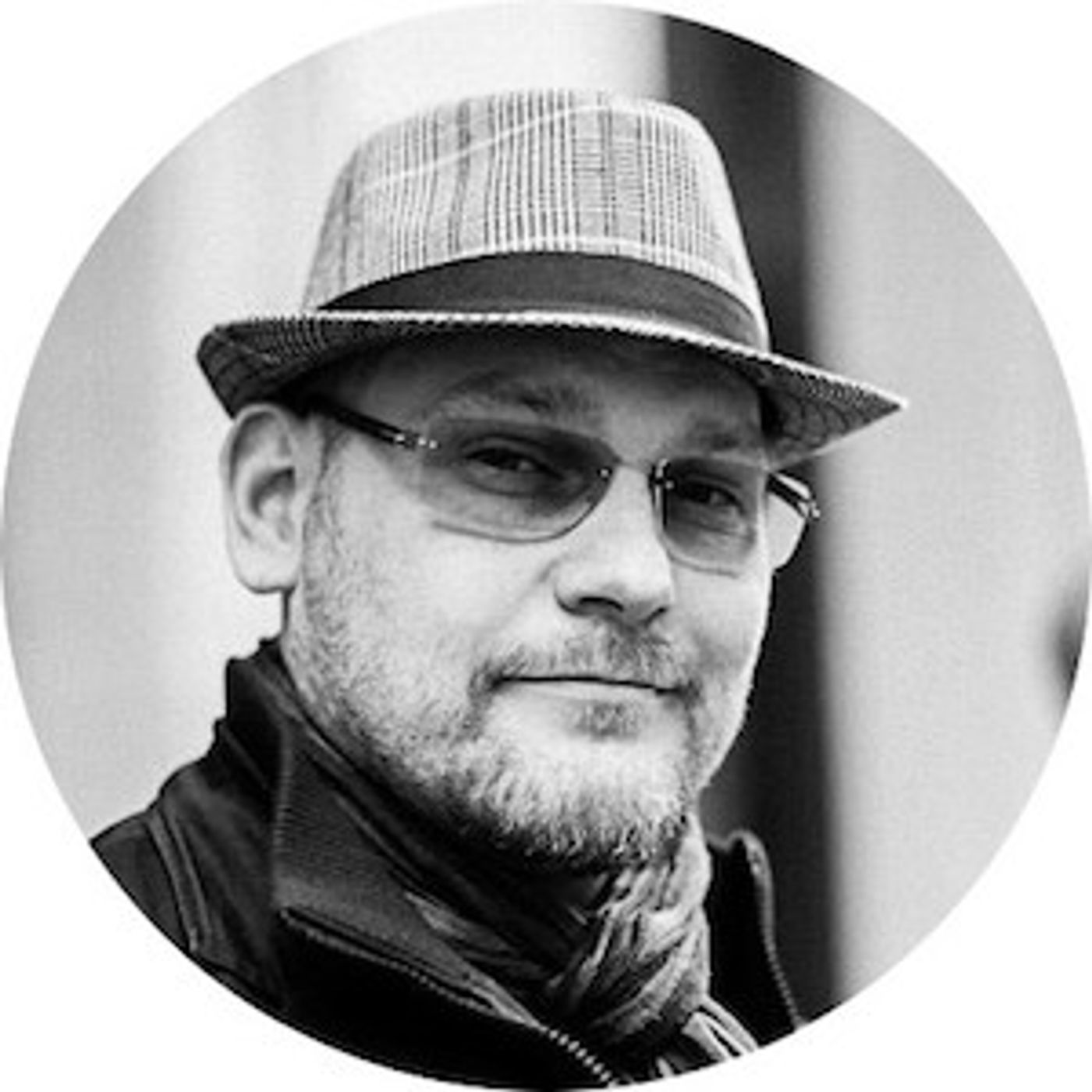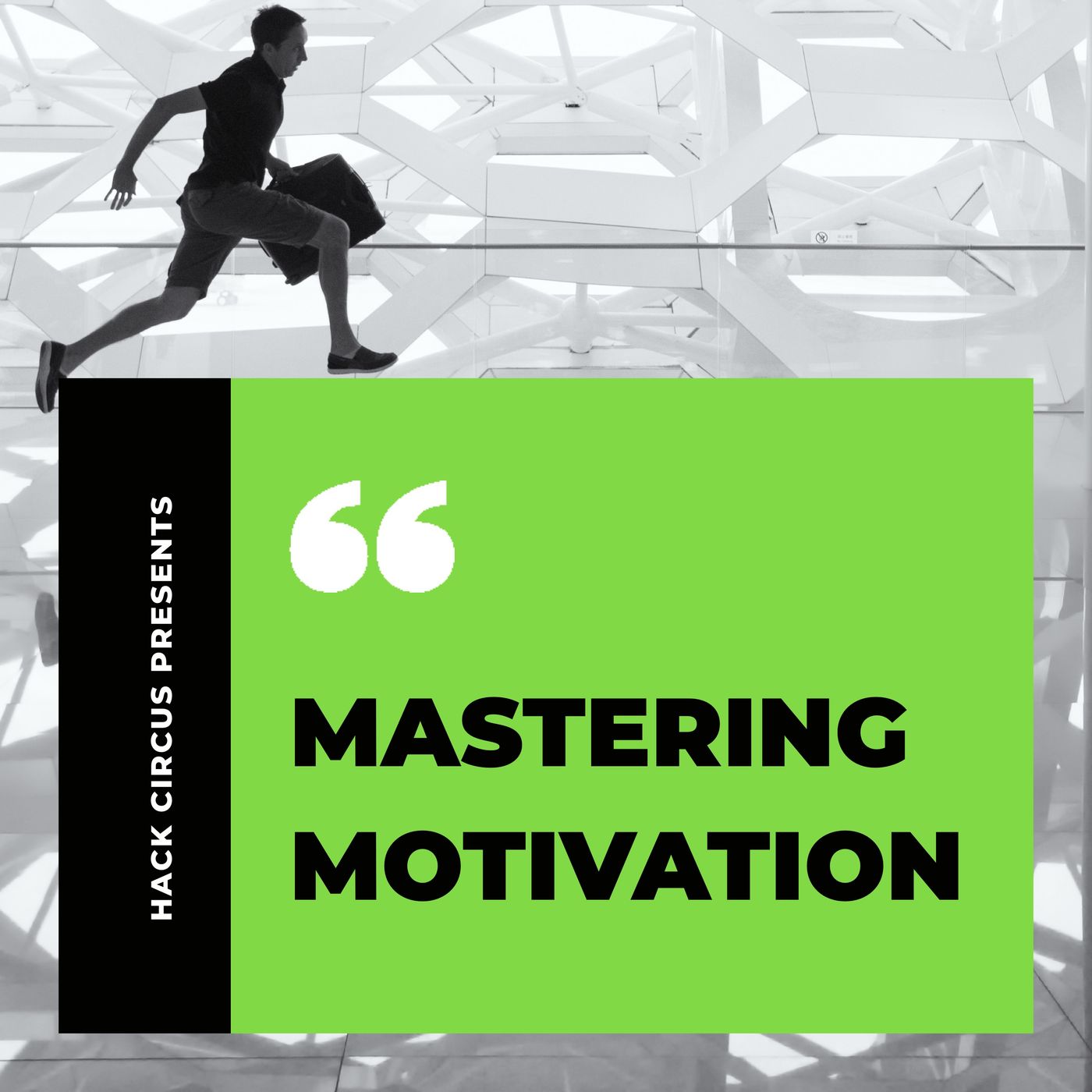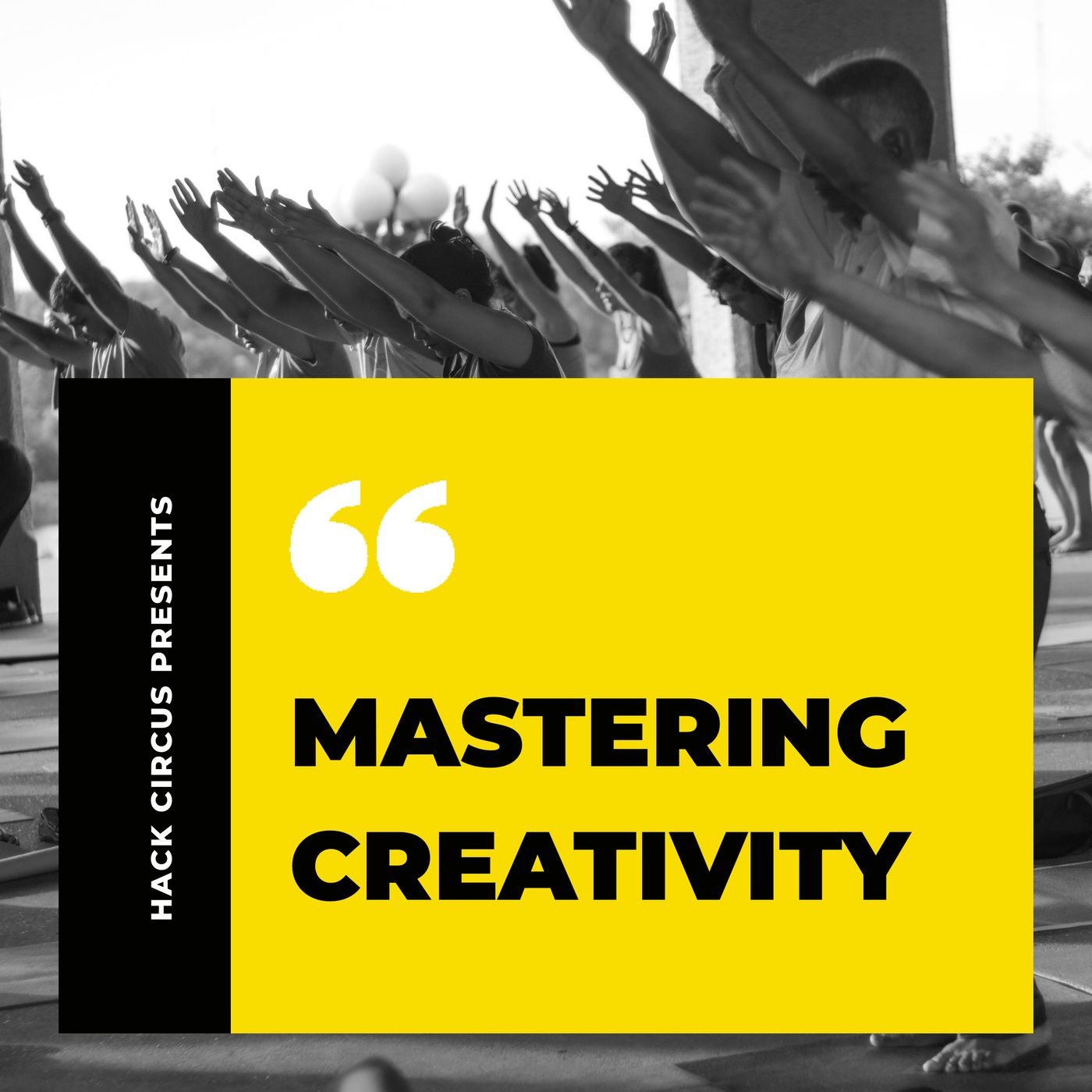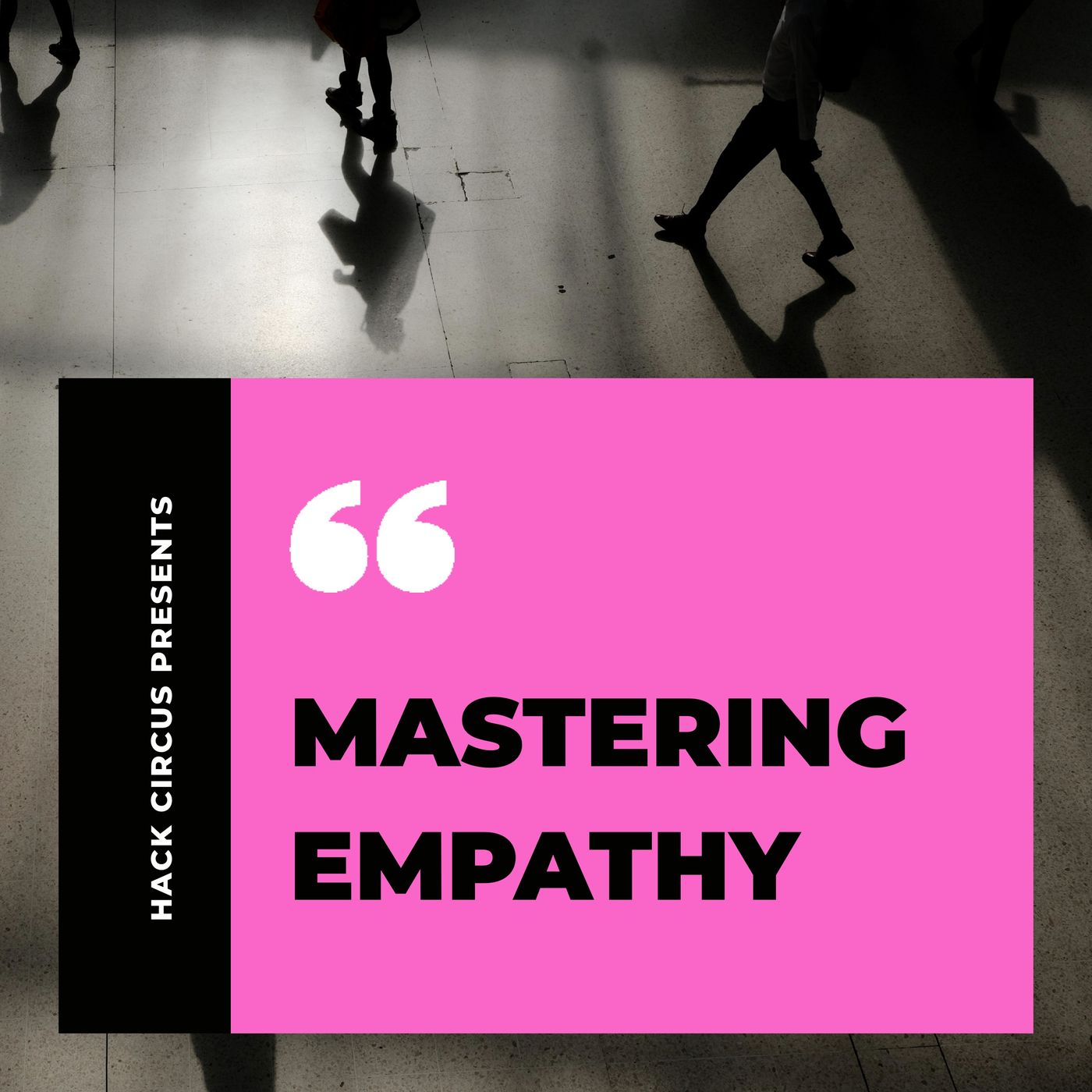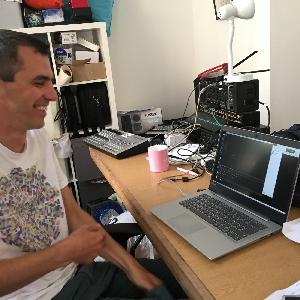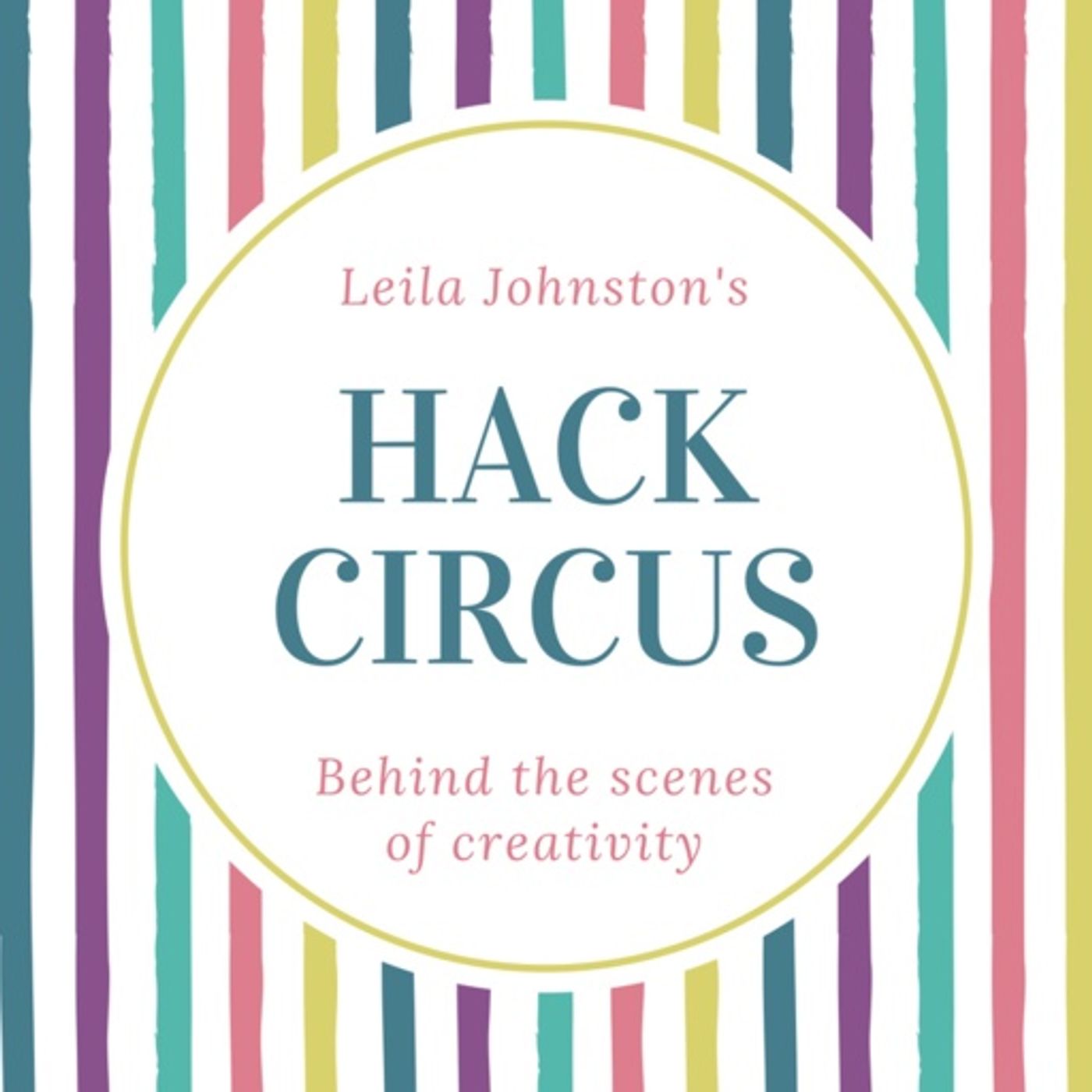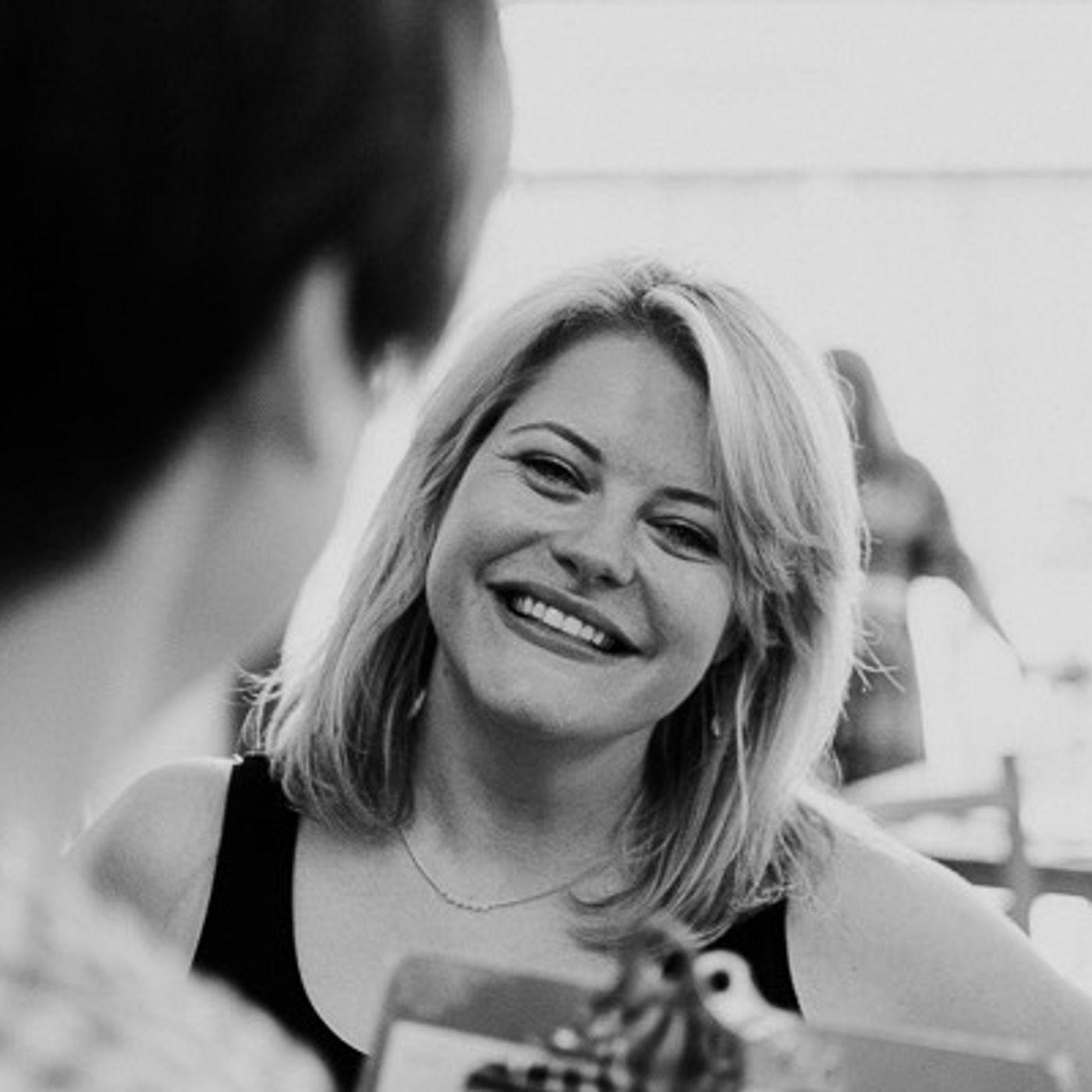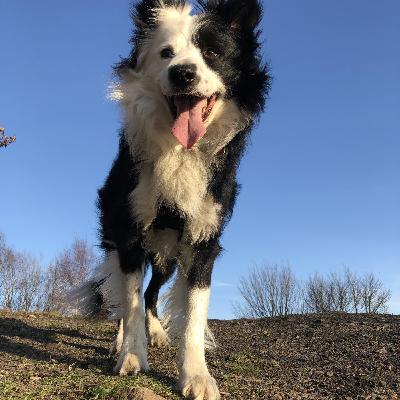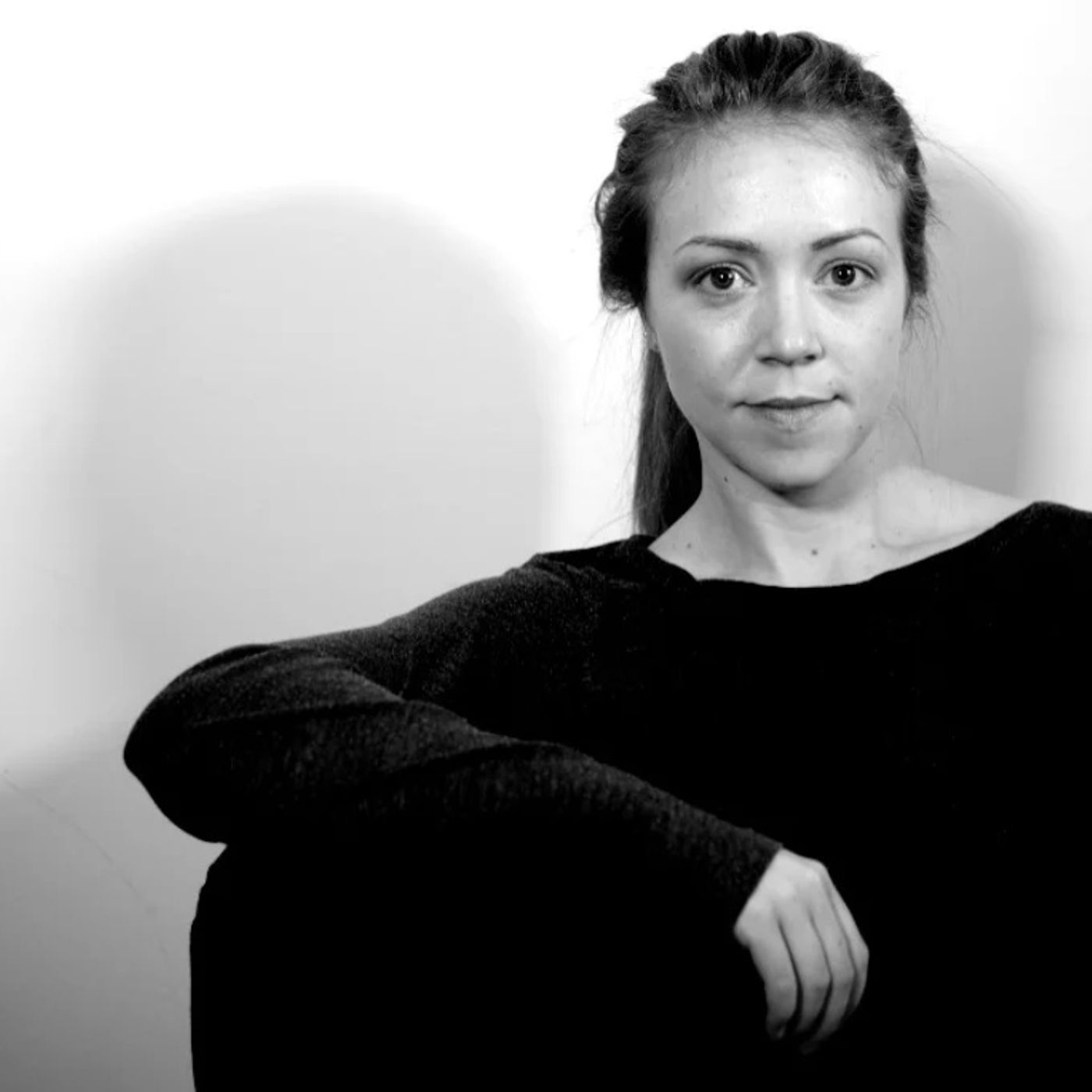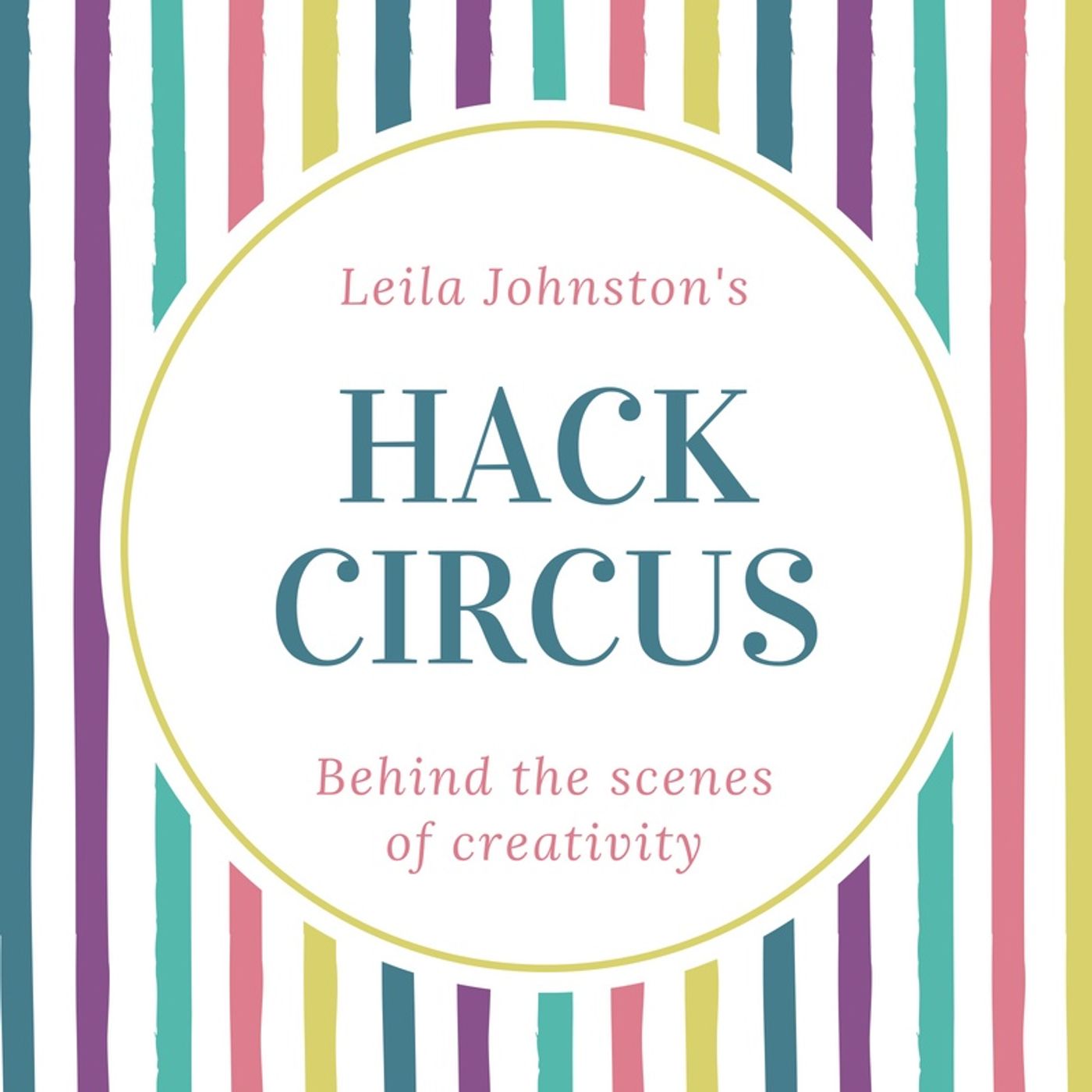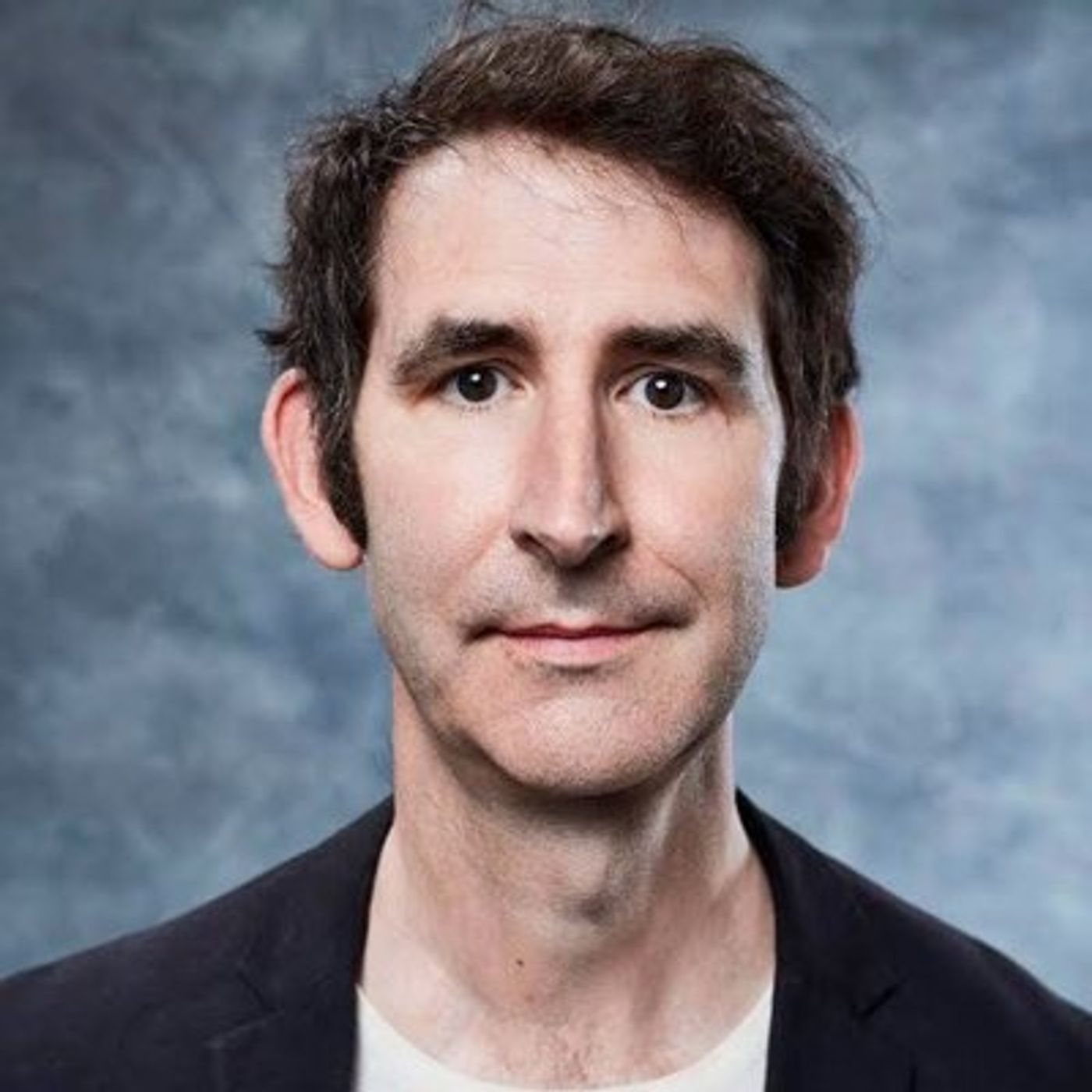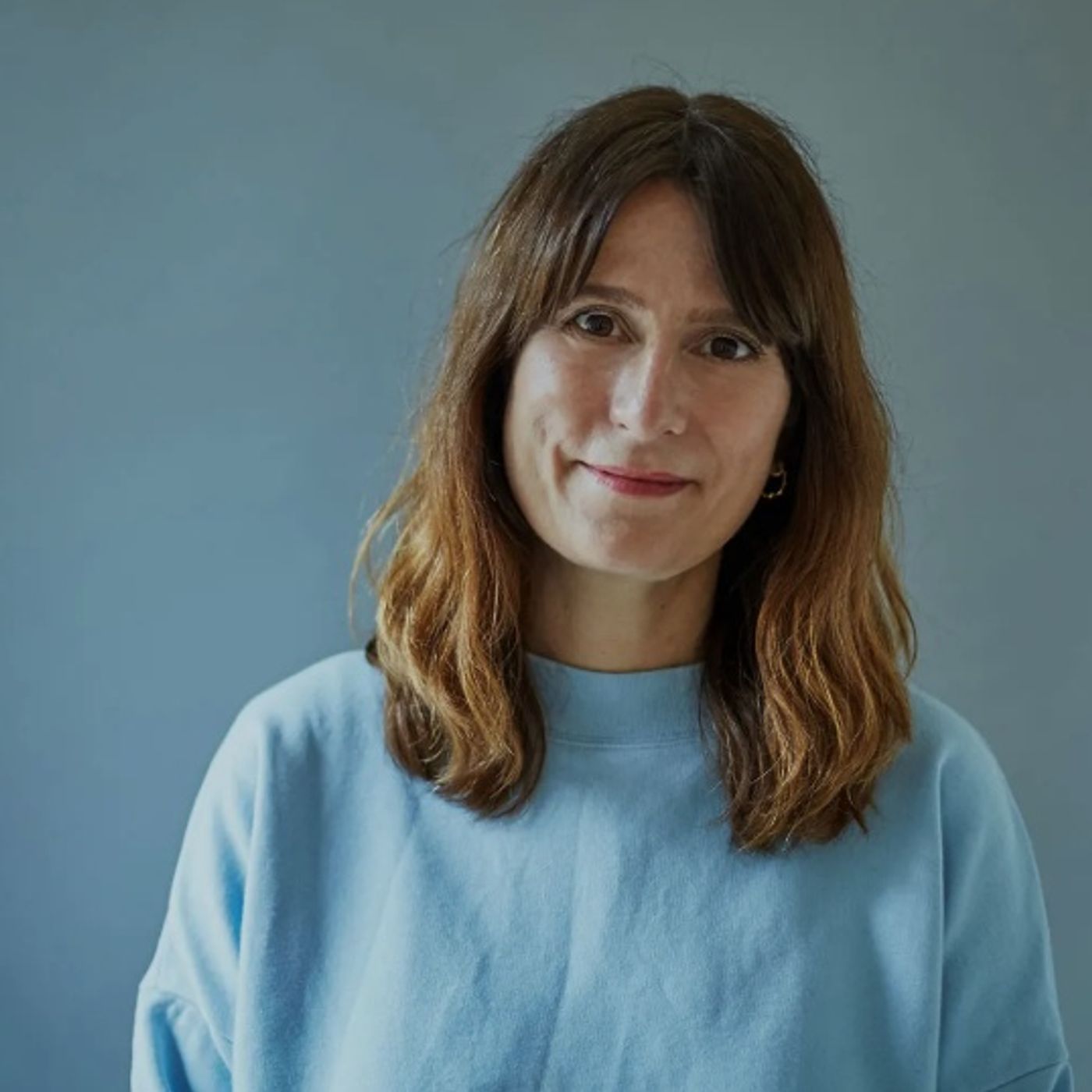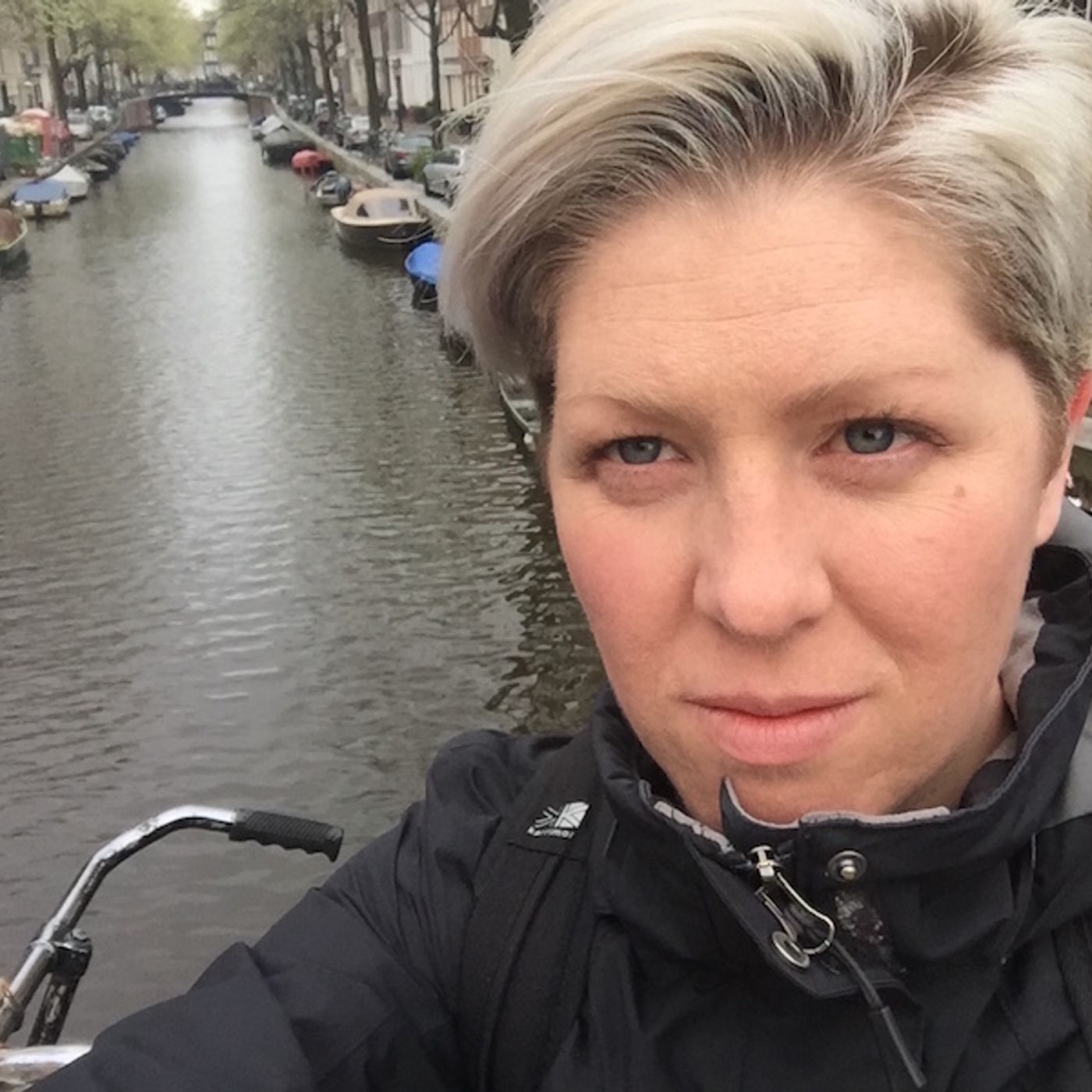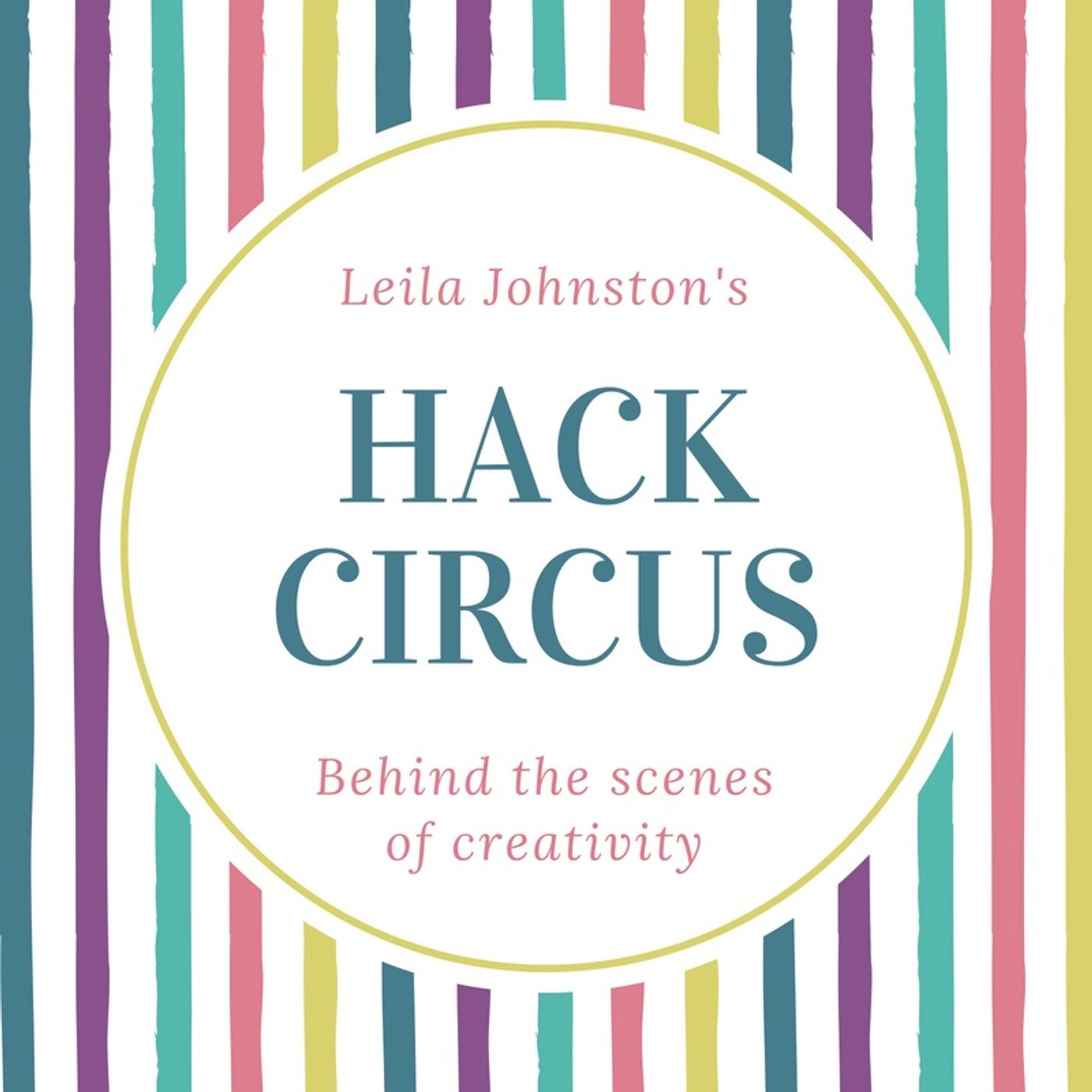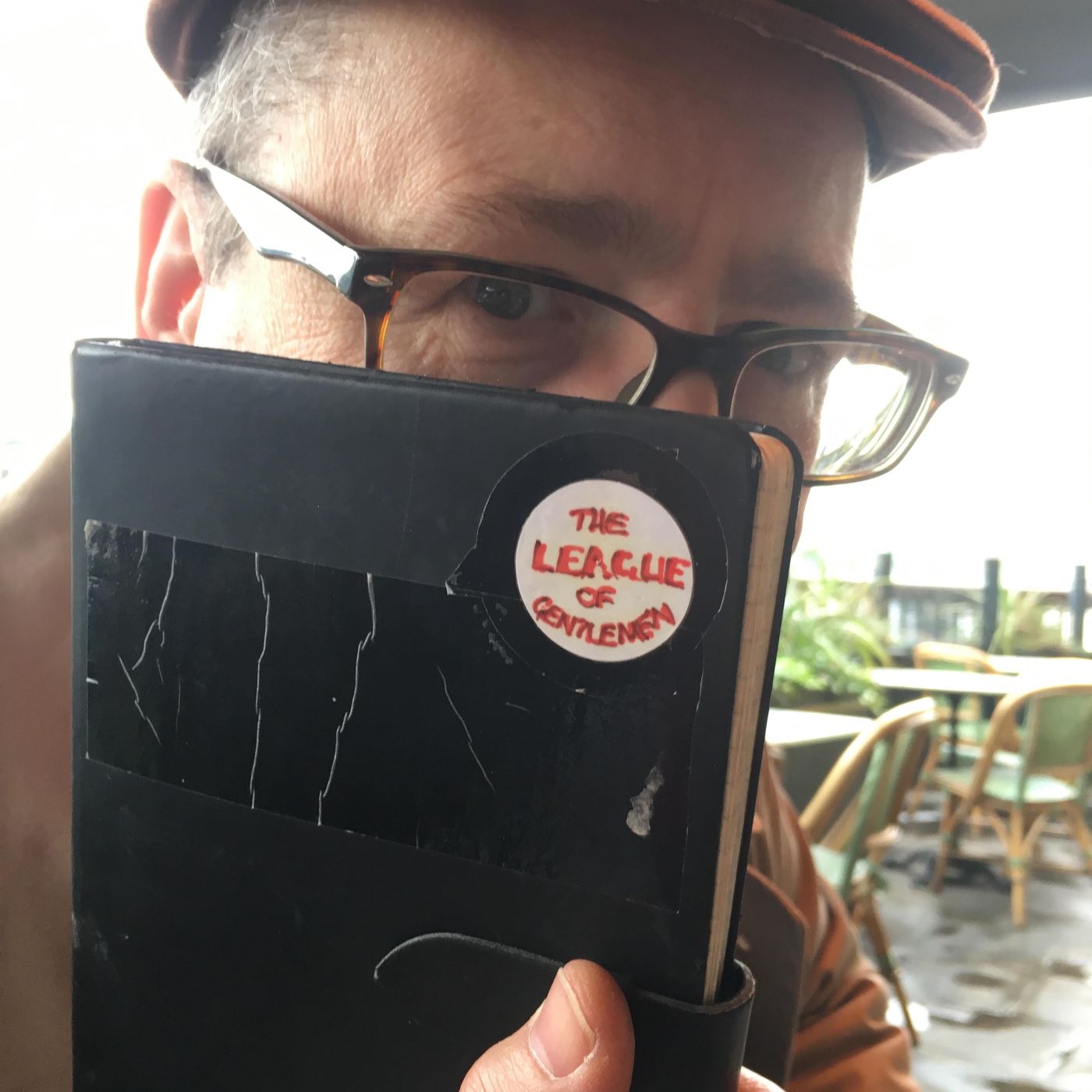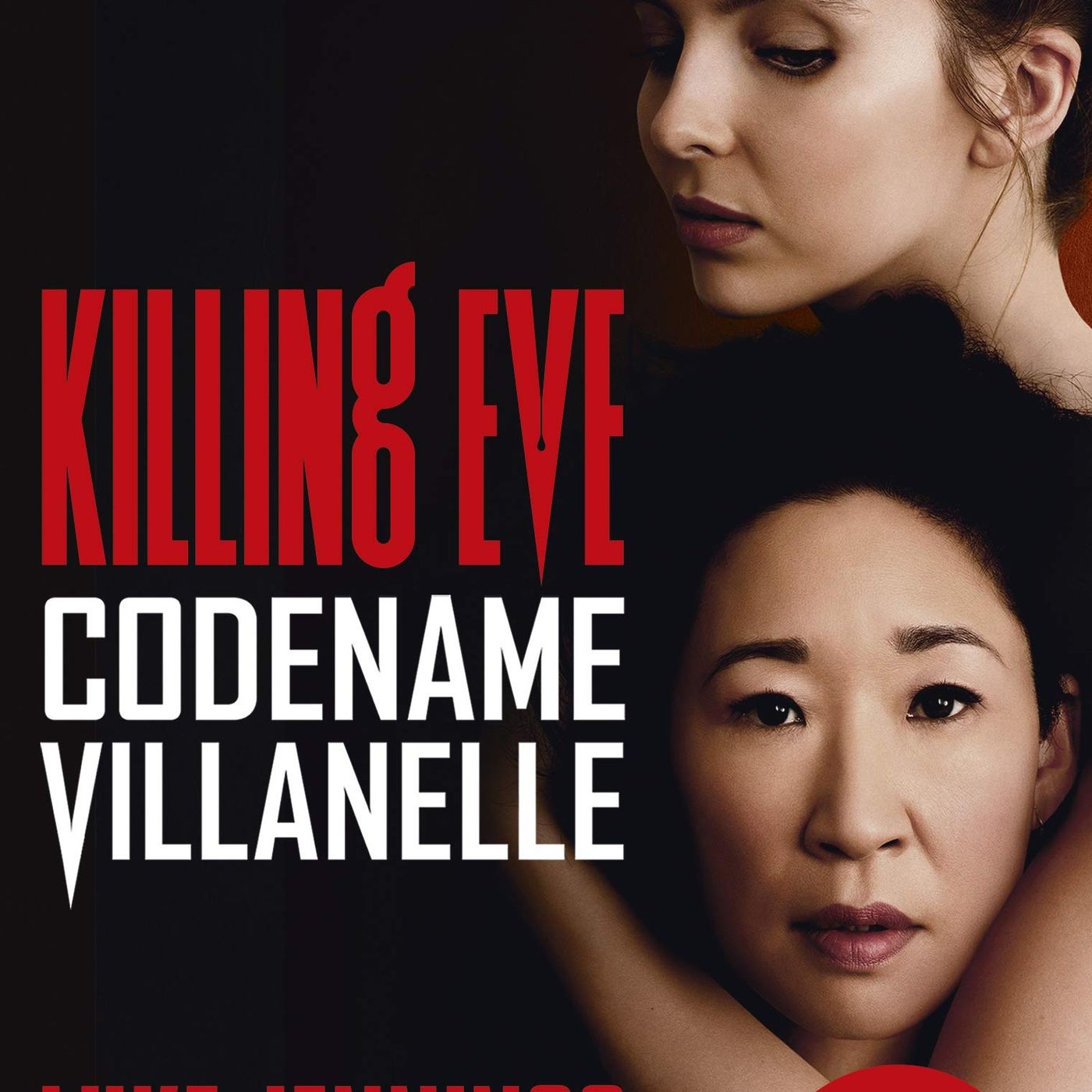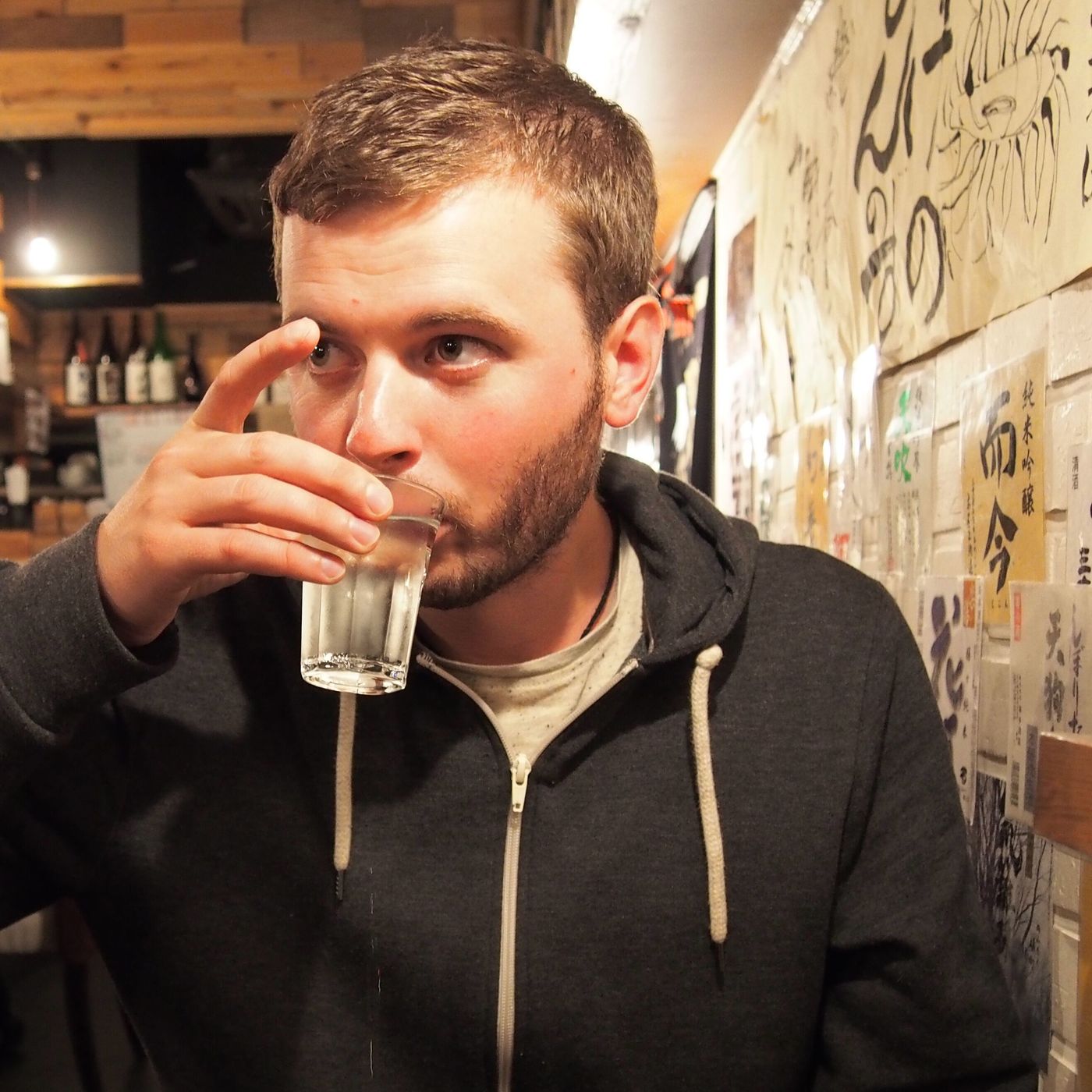Discover Hack Circus
Hack Circus
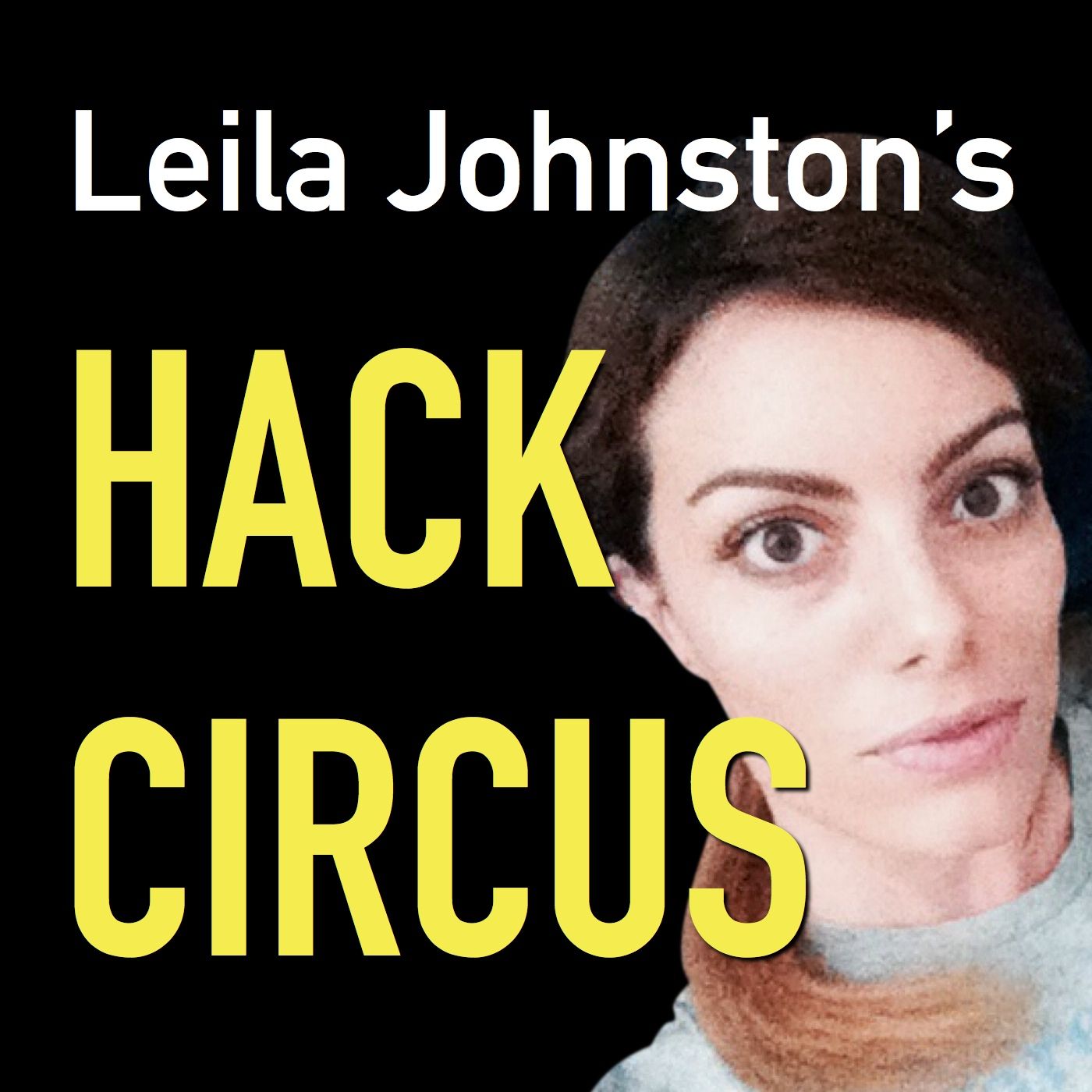
Hack Circus
Author: Leila Johnston
Subscribed: 0Played: 7Subscribe
Share
© Copyright Leila Johnston
Description
Behind the scenes of creativity. Join Ringmaster Leila Johnston and special guests to unpack their unique perspectives on life. Hack Circus is also a quarterly magazine and an event series. Hackcircus.com
26 Episodes
Reverse
Can games be art? We're back from a long hiatus with our first Hack Circus podcast interview about videogames! Introducing Jonas Antonsson, founder of Sweden-based games publisher Raw Fury. Raw Fury turns out games that make you feel, and Jonas believes the quest for emotion is just as important as the quest for knowledge. Find out what makes him and his company tick in this long, wide-ranging chat.
What does it mean for creative people to be motivated? Is there a secret to getting more motivation, or is the drive too mysterious to neatly unravel? What are the three reasons people aren't motivated, and what happens to highly driven people when they run out of motivation altogether?Empathy, creativity and motivation come together in this, the last in the trio of special documentary-style episodes investigating the forces that power the creative mind.
What is creativity? How does it relate to things like problem-solving, risk-taking, impulsiveness and excitement?I talk to some highly creative individuals in this special episode, part of a series of three 'Mastering' documentaries.This little documentary, part of the Mastering Creativity strand of the HC Masterclass series (hcmasterclass.com), introduces three successful, creative individuals taking very different paths in life, and tackles these questions – and more.
Is empathy important in business? Can you have too much empathy to be successful? What's the connection between empathy and power? This little documentary introduces three successful, creative individuals taking very different paths in life, and tackles these questions – and more.
Alex McLean is a well-known artist, musician, researcher, and coder based in Sheffield. He is the creator of Tidal Cycles, free software for writing music, and is one of founders of live coding and the algorave phenomenon.Alex actively builds communities in the areas that interest him, and in this episode we talk about some of the events, festivals and groups he's been instrumental in developing, including Algomech and Dorkbot London.Also: weaving and tech, interference patterns and more.
The world has changed since I last talked about motivation. More than ever, we're addicted to devices, addicted to YouTube, addicted to interrupting and derailing our thoughts – addicted scuppering our plans in favour of a quick hit!For those in a motivational rut, here I lay out four simple ways to get you back on track.1) Pretend you've got a boss2) Childlike rewards3) Tiny changes4) Focus on the now, not the future
I used to think that branding was about coming up with the story we'd like to tell, but now I think it's more about uncovering the story that's already there. In this special extra-long Creativity Clinic, I talk about a practical technique that has helped me to work on the Hack Circus podcast brand in the run-up to the next series of this show, and give some hints of what's in store.
If you've had some success in the past, it's not because you kept gambling on high stakes gigs, it's because you kept producing quality stuff. If you find yourself waiting back on a load of promises, I recommend putting the things you can't work on yet out of your mind, and using the time to develop yourself positively. It's the tiny changes you make to yourself and your life that will have huge effects down the line.
Maggie Nolan is a consultant and trainer, bringing techniques from improvisation practice into businesses. She launched her agency Start With A Yes over a year ago, combining years of experience of teaching and performing and applying them in a fresh context – to business. In this chat we discuss the improv scene in the UK, how long-form improv works, and the range of reactions to 'applied improv' – particularly when it turns up unexpectedly in your office. We also chat about the differences between teaching children and adults to "yes, and", some of the many problems improv can solve in corporate workspaces, the triumphs and struggles of women in the comedy world, and more. Start With A Yes (Facebook) Start With A Yes (Instagram) Applied Improvisation (Wikipedia) iTunes link HC on Spotify HC on PlayerFM
This week I take on a listener's question about prioritising ideas: how do we decide what's most important? Is it better to do dig into one big thing or skim lots of little ones? In this short episode, I suggest it might be all about values, explain why I'm not really an artist, and consider how long-term working can be off-set by complimentary 'slight' ephemeral work. I also draw on the wisdom of previous HC podcast guest, Nadia Kamil. Get in touc with your questions!hackcircuspodcast.com
Sara Green is a dancer, choreographer, movement director and film-maker. She's collaborated with artists and other performers across theatre, film, fashion and dance. Her recent work includes Richard Ayoade’s vignette for Radiohead, short film The Entertainer starring Toby Jones, and Anita & Me, a world premiere for the Birmingham Rep. In this chat, Sara talks about the differences between working with dancers and non-dancers, and explains how she communicates movement to actors who don't have a dance background. We also ponder ways of embodying science through movement, discuss Sara's history and unique physicality, and talk in particular about the Manchester International Festival commission she's created, Superposition. This is a bit of a Manchester International Festival special. Sara's commission is a response to an MiF installation by Rafael Lozano-Hemmer, Atmospheric Memory. Sara's website Superposition video Libsyn link iTunes link HC on Spotify HC on PlayerFM
This week's question was about how artists deal with time: do we let the available time decide how 'big' a project is; is that a valid constraint? How do we understand the value we place on time, outside of the monetary value our society attaches to it? And what about our lifespan, health-span and energy-span? How do these incredibly persuasive influences affect things? I have a go at tackling some of these issues in this short episode. Look out for the interview episode as usual on Thursday, and do send in any questions or ideas for Creativity Clinic episodes: editor@hackcircus.com Hackcircuspodcast.com
Ben Moor is a seasoned and innovative storyteller with multiple Edinburgh shows under his belt – mostly one-man shows. Ben's work is sensitive and often surreal, as he challenges the audience to follow him on journeys through worlds peppered with delightful ideas. We chat about Ben's shows, the benefits of doing Edinburgh runs, how the Fringe has changed between generations, where ideas really come from, how to learn lines, and more. We also leaf through his enormous file of ideas. Ben's website Ben's showreel Libsyn link iTunes link PlayerFM
Sophie Rochester is a creative entrepreneur of significant standing, appearing on numerous lists of top business people in her industry. She is known for grasping the nettle, always being one step ahead of industry trends, and taking her ideas in bold and ambitious directions. An advocate of both making and learning, Sophie's latest venture is Yodomo.co, a start-up committed to delivering the joy of making through online video.
Katie Day is the Director of Birmingham-based theatre company, The Other Way Works. She creates exciting and innovative experiences for small, highly-engaged audiences, and often deploys technology in interesting ways. Her work often uses the real world as the set, with productions set in hotel rooms, car parks and even the audience member's home. Katie's latest production, A Moment of Madness, will be showing at Stockton International Riverside Festival (SIRF) from the 2-4 August.
What kinds of books give us ideas? Do we even get much emotional inspiration from books at all? This first Creativity Clinic of the new series is a personal reflection on some of the things I've read that I've have influenced my work, and which, sometimes many years after reading, I still draw strength and inspiration from today. Please send in your questions or ideas for Creativity Clinics to @hackcircus on social media or editor@hackcircus.com
Interview episode coming as usual this Thursday.
Adam Tandy is a TV producer, director, writer and much more, working on some of the best shows and with some of the top stars of our era. We discuss some of the joys and challenges of making the hugely successful Reece Sheersmith/Steve Pemberton series Inside Number 9, as well as The Detectorists and the League of Gentlemen anniversary episodes. We also ponder what the tone of comedy is, in the late 2000s, and the impact of social media on storytelling.
Luke Jennings is the creator of the hit TV series Killing Eve, about the mutual obsession between an MI6 agent and a female assassin. He was also, until recently, the dance critic for The Observer newspaper, and worked as a professional dancer in his youth.
We discuss the process of writing Killing Eve, sexism and bias in the dance world, and how seeing women empowered through dance has inspired his writing.
The Hack Circus podcast is back with a bang after an enormous break of two years! The star guest this episode is Tom Tobia – a creative entrepreneur based in Sheffield. We cover the origins of an organisation he helped to found, Makerversity, his principled drive, and the way he approaches consulting with the range of businesses he works with. We also exchange some thoughts about creativity – how it arises from constraints, its relationship to failure, and why people should embrace a more open-ended approach to planning. Tom's website: http://www.tomtobia.com Tom's new project: https://www.anewfield.org/
Podcast powered by Spreaker. Go to www.spreaker.com/create
If you want to get stuff made regularly, get your duty on and work out who you're doing it for. In this episode, Leila addresses the common misconception that creative work always has to follow on from an urge, or desire. She explains why you can never put your hopes in motivation – it won't stick around. Get a routine, and do it for someone else, and you'll stand a chance of getting to done. If you enjoy Hack Circus, don’t forget to rate or review on iTunes, or just tell a friend about it! And remember to check out Hackcircuspodcast.com In between episodes (uploaded every Thursday) you can glimpse behind the curtain by following us on Facebook (hackcircus), Instagram (hackcircus), Twitter (hackcircus) and Snapchat (can you guess?). Enjoy!


